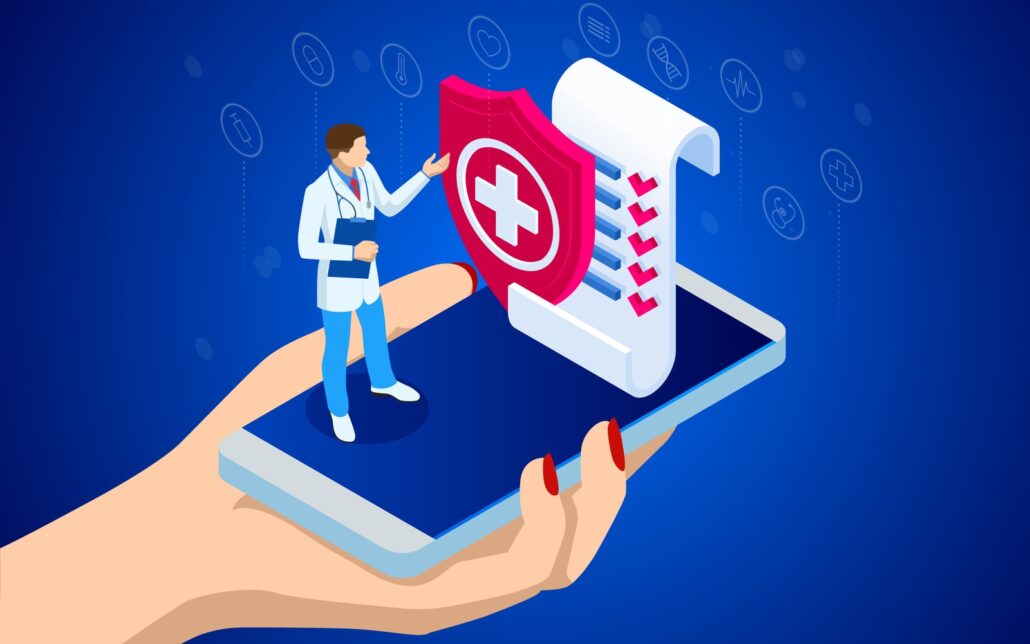Your Next Optometry Visit May Include AI Technology

Artificial intelligence is starting to work its way into every aspect of our lives, and soon enough, it will show up at your next eye appointment. Currently, artificial intelligence is being used in various, diverse fields, such as logistic supply chains, retail, surveillance, and even farming, but Artificial intelligence presents many new opportunities in the medical industry to help people receive and effectively manage health care services. Soon, Artificial intelligence may help deliver more accurate, faster care at lower costs for optometrists and ophthalmologists.
What Will AI Technology Look Like In Eye Care?
While most people think that artificial intelligence will consist of robots, in truth, it’ll more or less appear as computers, applications, and other machine learning devices that use AI technology. Artificial intelligence is an algorithm, a process, and a set of rules set up to follow calculations and problem-solving operations that would normally require human intelligence. While robots are often seen as the most advanced versions of artificial intelligence, other technologies like voice recognition software, social media feeds, navigation maps, and customer service chatbots are some of the most commonly used forms of artificial intelligence used today.
Right now, artificial intelligence is being used to diagnose eye conditions such as diabetic retinopathy, using large sets of data to observe photos and learn what characteristics are from this disease. This method of learning is being used in almost every aspect of advanced health care today, especially in oncology fields where early diagnosis is critical for treatment. But for optometrists and ophthalmologists, artificial intelligence is transforming eye care for many by:
- Advancing Diagnosis: In cases of glaucoma and diabetic retinopathy, AI-driven tools are being used to provide precise diagnostics with higher levels of objectivity and accuracy through machine learning programs and medical image analyzers.
- Medical Advice: In some cases, many eye doctors are beginning to use AI technology as their medical partner, offering explanations behind the diagnosis and recommending treatments.
- Data Collections: For healthcare providers working with eye doctors, image scans and diagnostic data are being better collected and organized for insurance companies to provide patients with an overall better experience receiving treatment.
- Better Accessibility: Patients needing eye care will be able to receive it through software and hardware solutions and help expand eye care to those in rural communities.
Artificial Intelligence: The New Frontier of Eye Care
Artificial intelligence is the newest step towards finding better treatment options and solutions for eye care professionals. Patients seeking out eye care may be able to better interact with their healthcare partners through this technology, as accurate diagnosis and treatment recommendations may potentially increase overall success rates for treatment and improve patients’ health overall. Right now, the best examples of artificial intelligence we have now it through our computers and phones. It’s important to note, however, that artificial intelligence will take some time to implement into every office, but once it does, it will hopefully be able to help everyone receive the eye care they need.

Dr. Paul D. Trapeni JrAt The Optical Shoppe, we're dedicated to optometry excellence under the guidance of Dr. Paul D Trapeni. Serving the Smyrna community since 1989, Dr. Trapeni is a trusted member of the community, bringing general and specialized optometry care to individuals and families throughout the area.


